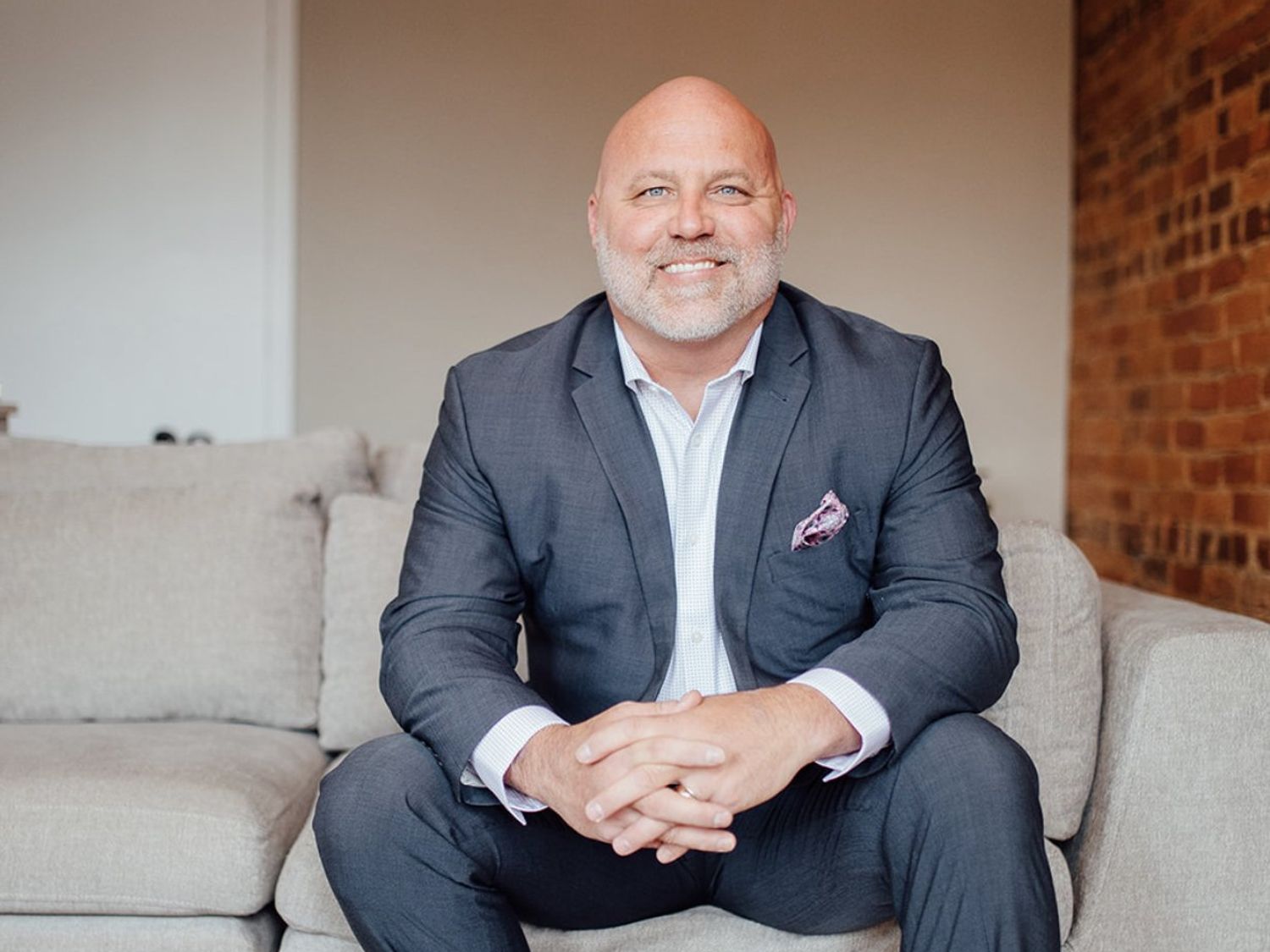Meet the Texas security experts building a framework for safer schools
For the Kids
For a large portion of his career, Mike Matranga worked as a Secret Service agent protecting the President and First Family all over the world.
He then moved to the Department of the Interior, specializing in domestic terrorism, when the 2018 shooting at Marjory Stoneman Douglas High School occurred. Only three months later, another school shooting happened in Santa Fe, Texas.
That's when Matranga received a phone call from a Texas superintendent, asking him to take his decades of security experience and training and develop a proactive school safety program — something that didn't yet exist. That comprehensive, holistic plan would go on to be ranked No. 1 in Texas and No. 5 in the nation.M6

This led Matranga to found M6 Global, which today specializes not only in school safety plans but also programs for industrial and corporate settings and even major sporting events.
The team is comprised of current and former federal agents and security specialists, a psychiatrist, a leading emotional intelligence doctor, a former White House doctor, and emergency management experts. Together, they have more than 100 years combined experience in school safety, law enforcement, and national and global security.
And that's what's made Matranga's initiatives so successful: the people.
“Of all the measures and initiatives we implemented, the absolute most important thing we have are people who have the ability to make real change — which no camera system will provide," he says. "Simply teaching people how to identify pre-attack behavior, self-harm behavior, and a person in crisis will always be what is most important. Secondly, having the resources and courage to intervene once those things are identified will keep individuals off the path to violence. We must never discredit the human element.”
M6 Global also partners with ASAP Security Services in Houston to provide the most up-to-date technology and products, with everything from facial recognition software to cameras to threat detection software. It makes their services fully turn-key, and as Matranga says, "two brains are better than one."

"At some point we have to realize that the law enforcement response that we adopted in the '80s is not working," he adds. "And it’s not just police — it’s the patterns and behaviors of people that will tell you there is a problem, so we need to shift from a reactive to a proactive mindset. We need to have actionable resources in place and a society that's better informed to recognize the signs before someone becomes a person in crisis."
To learn more about M6 Global and explore its services, visit here.
